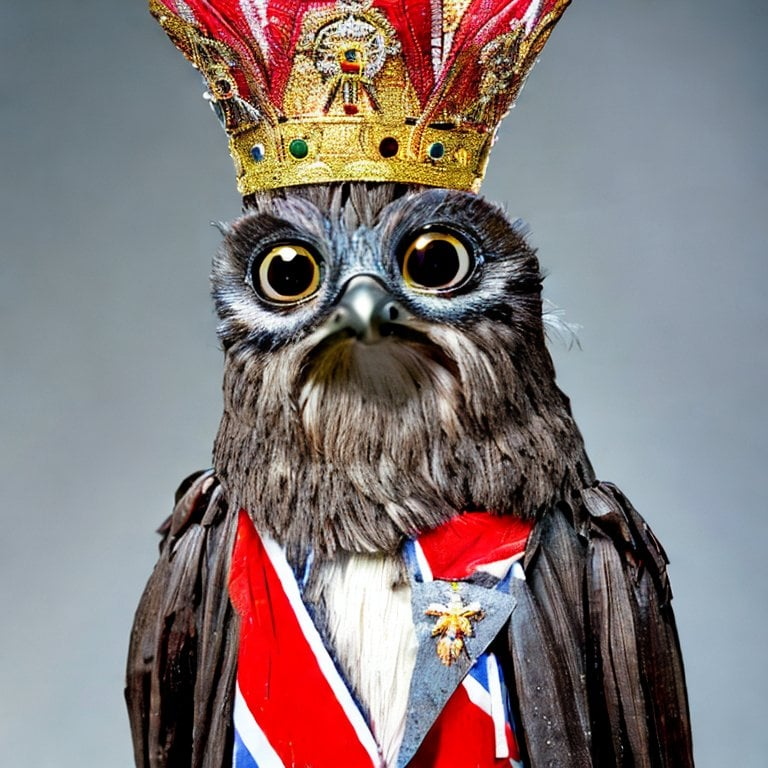[-ish] Ireland, Scotland = Irish, Scottish
[-an] Morocco, Germany = Moroccan, German
[-ese] Portugal, China = Portuguese, Chinese
What rule is at play here? 🤔
Cheers!
The English Language, where the grammar is made up and the rules don’t matter.
I can add:
[-er] New Zealander
Or just a different word completely. Dutch.
Booo I’ma still say New Zealish
New Zealot
for aiur
Adun toridas.
New Zealand -> Kiwi.
Only in the same way Australia -> Aussie, or England -> pom. Colloquial terms
When does a colloquial term become a non-colloquial? Usage by government/official contexts?
In August 2022, Minister of Immigration Michael Wood referred to 85,000 holders of recently approved New Zealand 2021 resident visas as “new Kiwis”.
Odd way to spell Kiwi but you do you pal
So Philippines is Philippinese?
Canada = Canadese (nuts fit in your mouth?)
Demonyms don’t follow any particular rules, as far as I know. I’m an “-egian” myself.
Human languages: the words are made up and the rules don’t matter.
Especially true for English.
Netherlands = Dutch
When I was a kid our family went on vacation to the US. Everyone kept asking if I was Dutch, which I thought was German (Deutsch).
So I kept correcting them, saying I was Netherlandish :)Deutsch is Pennsylvania Dutch, which is German
Also, in Deutschland, the descendents of the Alemmani are called Germans for some awful reason.
It’s based on what sounds best.
Then explain Liverpudian or Mancunian.
They’re both aposematisms - they’re meant to be a clear signal to discourage interactions.
Afghani, Pakistani,
FYI, there’s a little debate over this in the English language, but many would say that the proper demonyms are Afghan for the Pashtun ethnic group, and Afghanistani (or rarely Afghanese) for people from Afghanistan regardless of ethnicity.
Afghani is their currency.
I believe it comes from a discrepancy between the Persian and Pashto languages. Afghani being the correct term in Persian, and Afghan being the term in Pashto.
Afghani is pretty widely used in English, and even appears in some dictionaries, but many argue that it’s not correct.
So a person is an Afghan, they eat Afghan food, wear Afghan clothing, have Afghan customs, and their currency is the Afghan Afghani (in case some other country ever adopts a currency called the Afghani and you need to differentiate between them)
There are no rules in English. Ask the people from each country what they prefer
Oh there’s plenty of rules, and if you follow them you’ll be wrong because each rule has 20 exceptions you have to memorize because English isn’t a language, it’s several languages in a trench coat.







